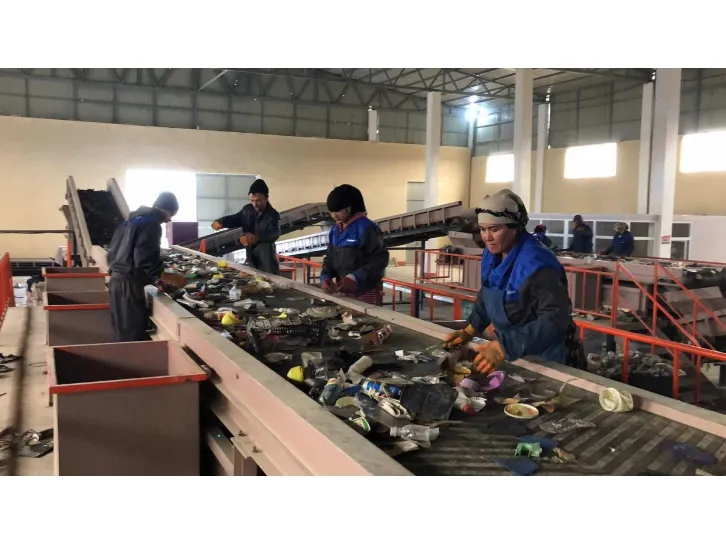
10 月 . 18, 2024 20:25 Back to list
Aluminum Can Recycling Plant A Sustainable Solution for a Greener Future
The pressing issue of waste management and environmental sustainability has never been more critical than it is today. Among the myriad of materials that contribute to the ongoing crisis, aluminum cans stand out as both a problem and a solution. With millions of cans discarded each year, establishing aluminum can recycling plants has emerged as a vital strategy towards creating a sustainable future.
An aluminum can recycling plant serves as a hub for processing discarded aluminum cans, transforming them into reusable raw materials. The process begins with the collection of spent cans from various sources, including households, businesses, and recycling centers. Once the cans are gathered, they undergo a thorough sorting process to remove contaminants and ensure that only aluminum materials are sent to the recycling facility.
After sorting, the cleaned aluminum cans are crushed into small pieces, often referred to as pucks. This size reduction significantly reduces the volume of the material, making it more efficient for transportation and processing. The pucks are then sent to a melting furnace where they are heated to high temperatures. At this stage, the aluminum is transformed into a molten state, enabling the removal of any remaining impurities.
Once the aluminum is melted and purified, it is cast into ingots or slabs, which can then be reforged into new aluminum products. This is one of the most remarkable aspects of aluminum recycling it requires only about 5% of the energy needed to produce new aluminum from raw ore. This efficiency not only conserves resources but also substantially decreases greenhouse gas emissions associated with aluminum production.

The benefits of aluminum can recycling plants extend beyond energy savings. They play a crucial role in reducing landfill waste. Aluminum is a non-biodegradable material that, when disposed of in landfills, can survive for centuries, contributing to environmental degradation. By recycling aluminum cans, we can significantly reduce the volume of waste that ends up in these sites, thereby protecting our ecosystems.
Moreover, aluminum can recycling plants contribute to the economy by creating jobs and fostering innovation. The recycling process requires a skilled workforce to manage operations, from the collection and sorting stages to the melting and manufacturing phases. This not only provides employment opportunities but also encourages advancements in recycling technologies, enhancing efficiency and sustainability.
Nevertheless, the challenges remain. Public awareness and participation in recycling programs are crucial for the success of aluminum can recycling initiatives. Education campaigns highlighting the importance of recycling and the correct disposal of aluminum products can empower communities to make environmentally friendly choices.
In conclusion, aluminum can recycling plants are indispensable in the quest for a sustainable planet. They reduce energy consumption, lower emissions, create jobs, and minimize landfill waste. As we move into a future characterized by environmental challenges, investing in recycling infrastructure and promoting community engagement will be vital. By prioritizing recycling, we not only preserve our planet for future generations but also pave the way for a circular economy where materials are reused efficiently, thereby fostering a healthier, more sustainable world.
Latest news
Unveiling the Power of Eddy Current Separator
NewsSep.25,2024
Transform Your Home Recyclin:home metal shredder
NewsSep.25,2024
The Future of Waste Management with Recycling Line Picker
NewsSep.25,2024
The Benefits of a Metal Recycling Plant
NewsSep.25,2024
Revolutionize Material Separation with Onwang Technology
NewsSep.25,2024
Innovative Waste Management: Unveiling the MSW Sorting Plant
NewsSep.25,2024